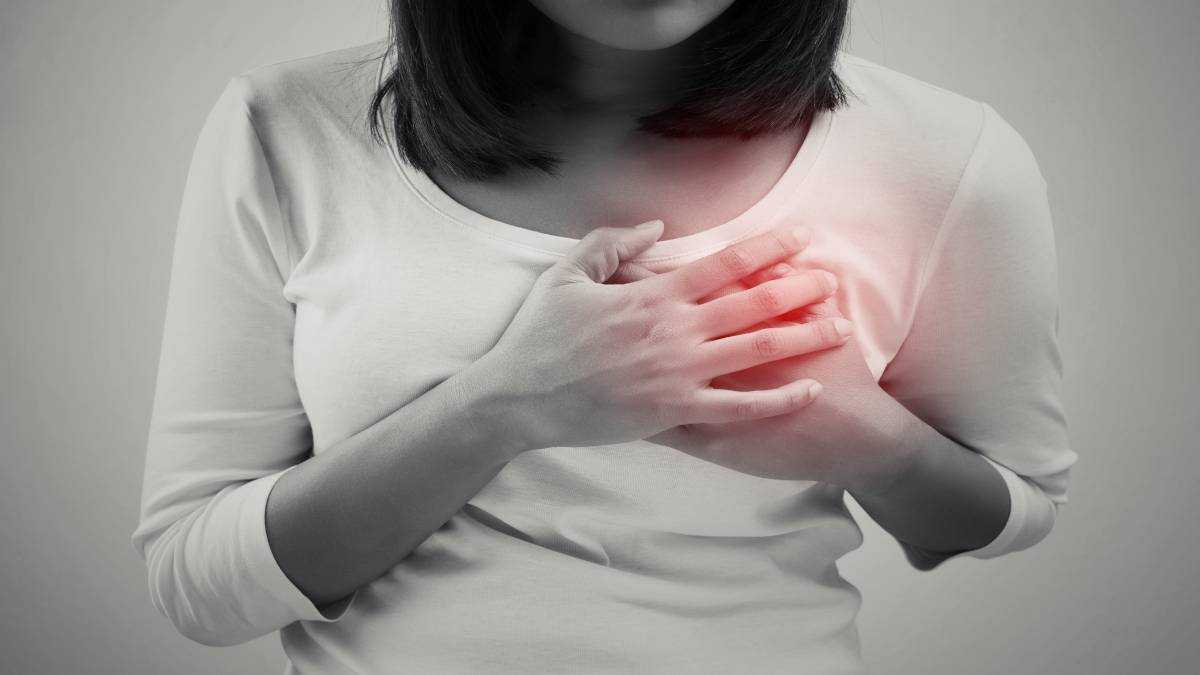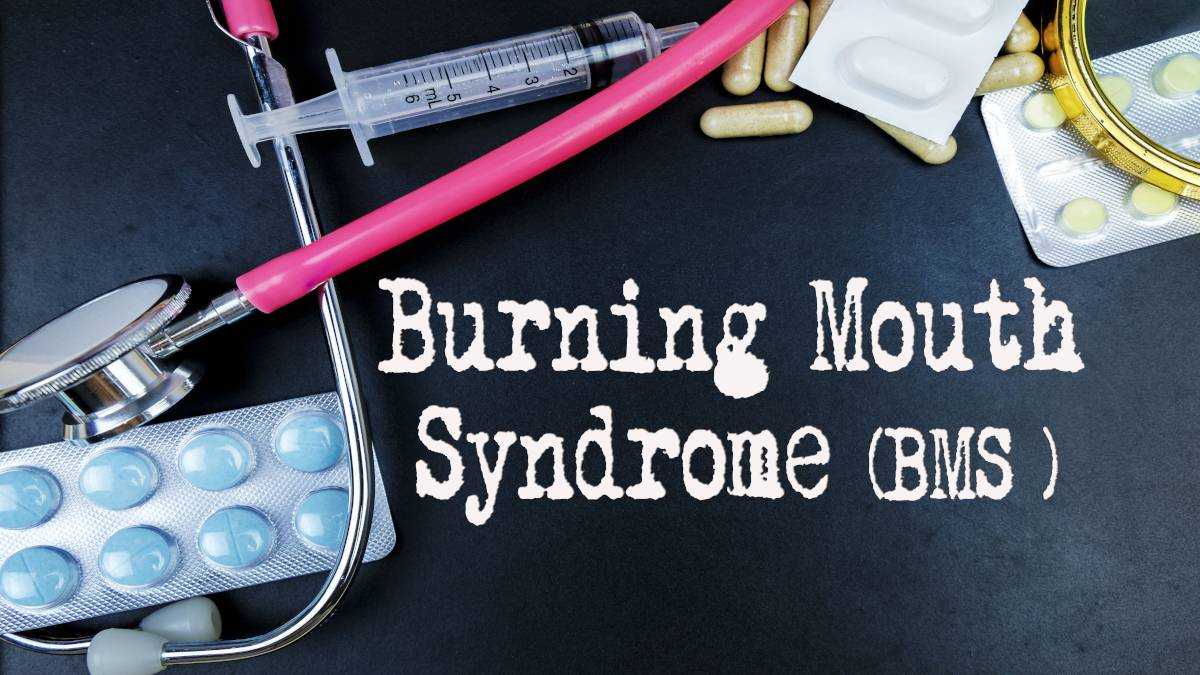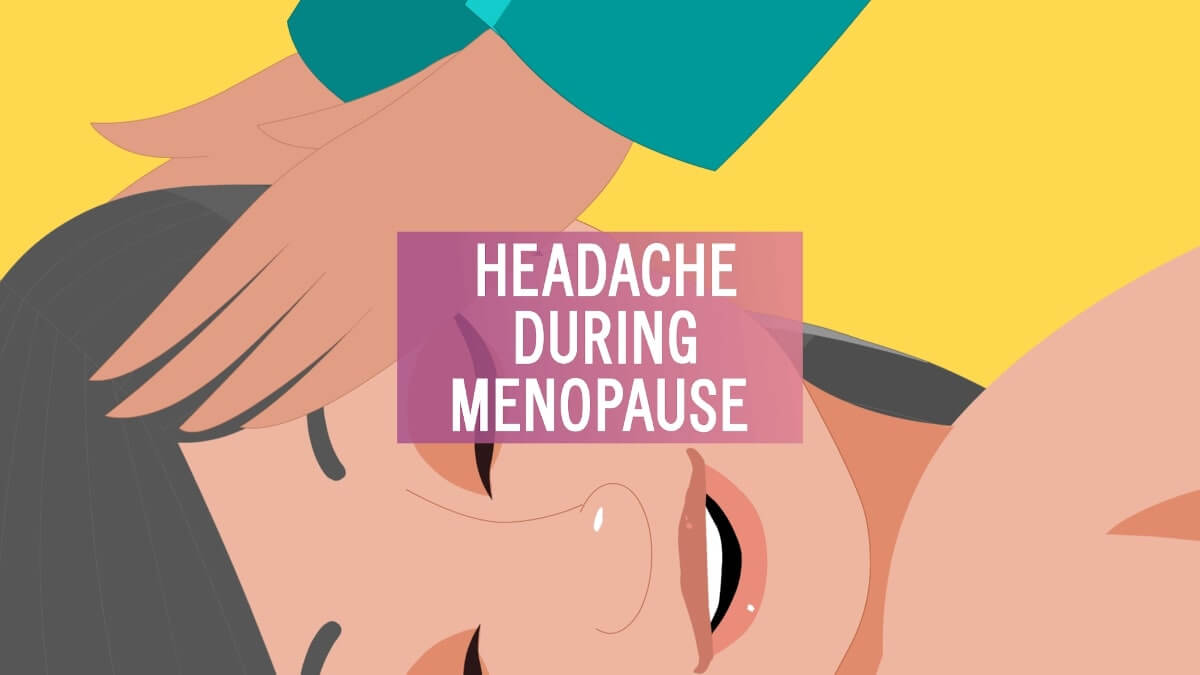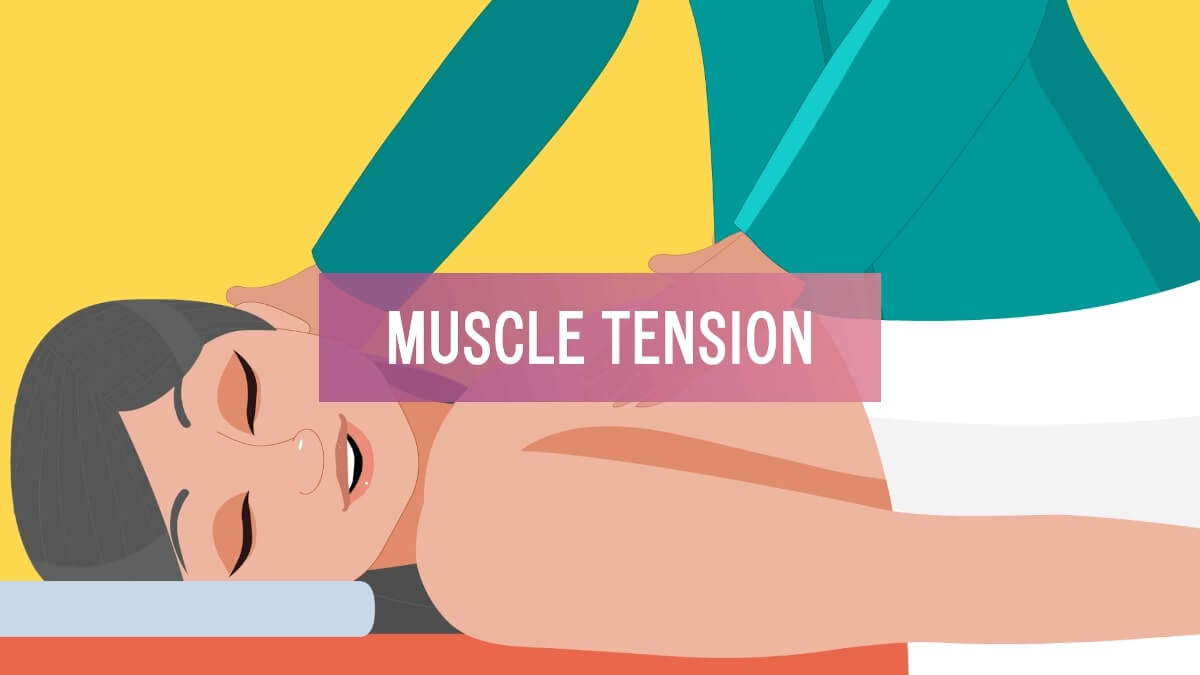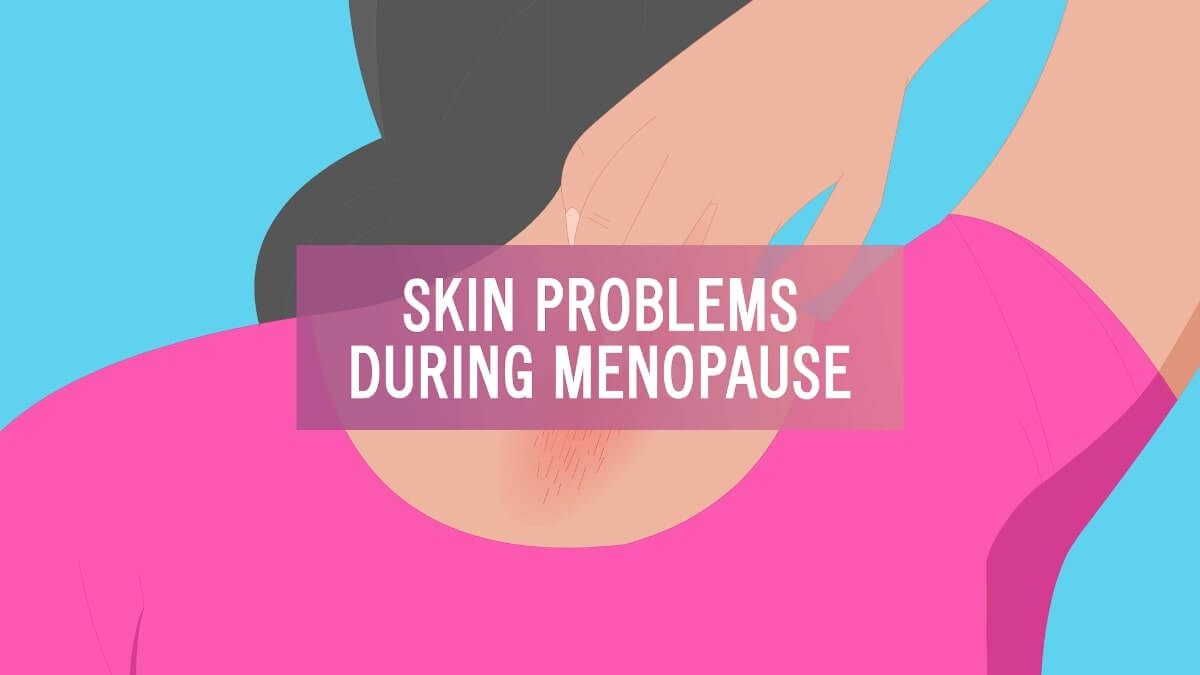During menopause, the low levels of the hormone estrogen in the body give rise to a lot of symptoms.
Nausea and digestive issues such as excess wind, constipation, and weight gain may be experienced. The muscles located in the gut have estrogen receptors. When they do not receive an adequate supply of estrogen, they tend to lag in their functioning, giving rise to symptoms. A healthy gut ensures that all the food you are consuming is being utilized efficiently for gaining energy for the body. During the menopausal period, however, the gut is not functioning at its optimal capacity, thus giving rise to digestion issues.
How does menopause cause indigestion and nausea?
Cortisol is a stress hormone that is kept in check by the estrogen levels in the body. When the level of estrogen in the body drops, the level of cortisol increases, raising the blood pressure and blood sugar levels that slow down digestion. This may result in problems such as nausea, constipation, diarrhea, bloating, weight gain, etc. Adrenaline may easily be triggered in the body which affects digestion. Also, excess acid secretion can cause abdominal pain.
How to tackle indigestion and nausea during menopause?
Depending on the type of digestion problem being faced, the doctor will suggest medications. Apart from this, a few dietary and lifestyle changes will also ensure the alleviation of your digestion problems.
Take your time while eating – eating hurriedly or on the go during a busy day can cause more harm to your digestive system than you can imagine. This happens because the energy is diverted towards different chores being simultaneously performed, hampering the optimum level of digestive functioning.
Choose your diet carefully – Thinking about what you eat in a day helps in solving more problems than one. Choose a diet that would involve less work for the digestive system, which is already working at a notch lower than its ideal capacity. Substances like alcohol, refined sugar, and caffeine strain the digestive system beyond measure. Thus, avoiding food items that contain these is a good idea.
Chew your food properly – The process of chewing is a vital component of the digestive process. If you do not chew your food properly, the digestive system has to work extra hard in trying to disseminate the energy gained from the food consumed. This may also lead to the food not being broken down effectively, giving rise to digestion issues.
Prebiotic drink– Using prebiotic drinks will help increase the number of good bacteria in the gut that will enable an efficient digestive function.
Drink an adequate quantity of water.
Nausea and digestion issues are a common problem faced by most menopausal women. Keeping a check on your dietary and lifestyle habits can, however, prove highly beneficial in preventing these problems.
Special thanks to Dr Preeti Deshpande M.S.(OBGY), FICOG, Endoscopy Training IRCAD (France) for the expert advice.


